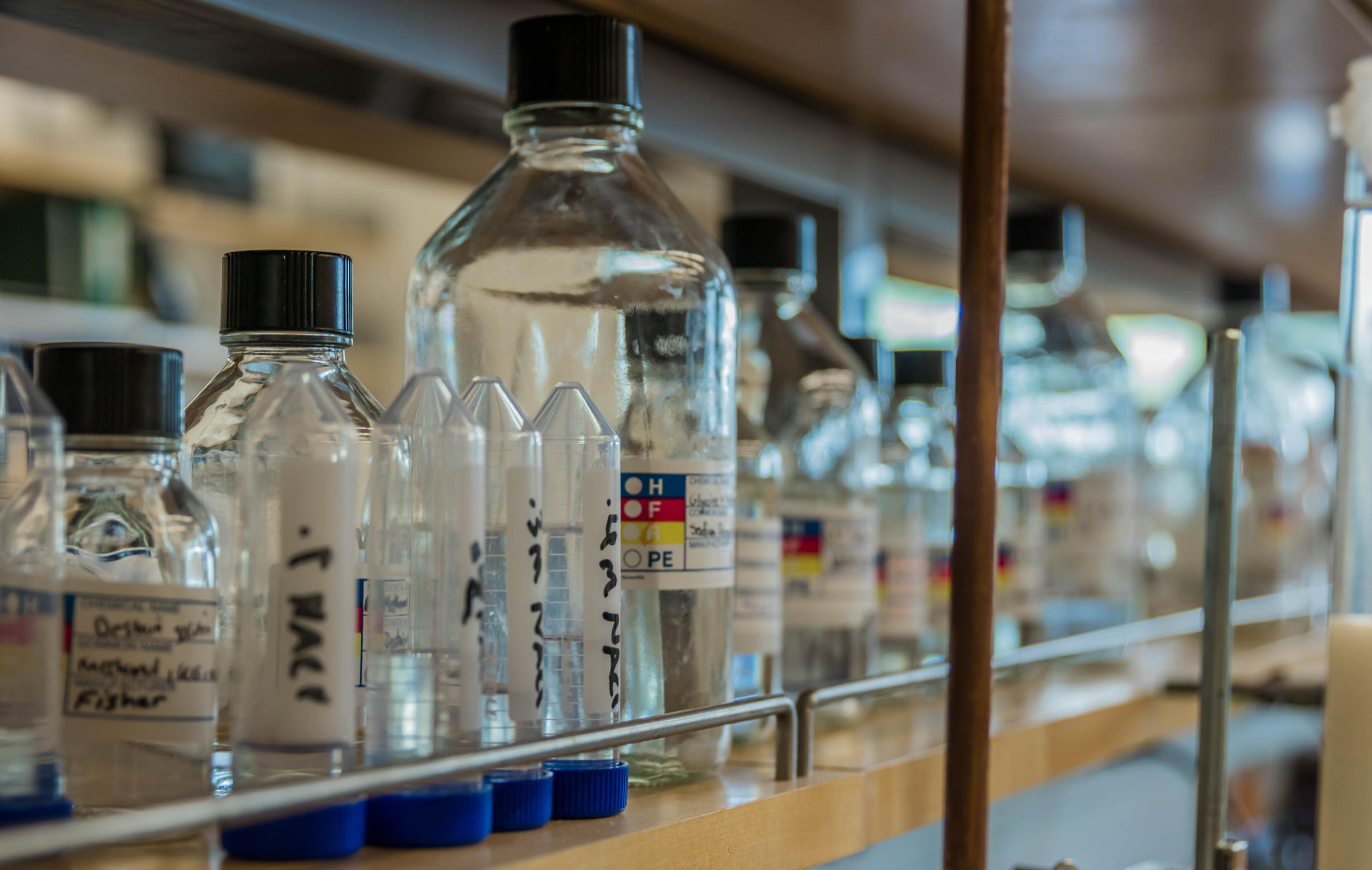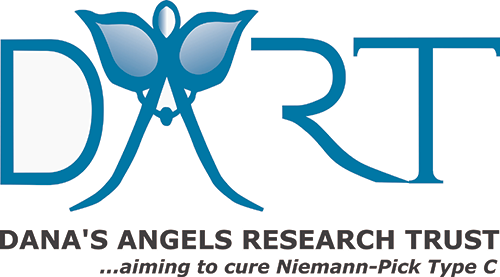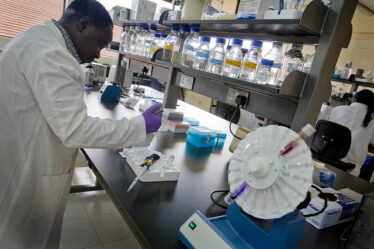
16 July 2024
- Study designed to support safety profile showed nizubaglustat was safe and well tolerated
- Results support continued development of nizubaglustat for GM2 gangliosidosis and Niemann-Pick disease type C with Phase 3 trial[s] planned for 2025
- Data to be presented at the SSIEM Annual Symposium 2024 to be held 3-6 September in Porto, Portugal
Leiden, The Netherlands, 16 July 2024 – Azafaros B.V. today announced positive topline data from its RAINBOW study, a Phase 2 clinical trial investigating nizubaglustat in patients with a genetic diagnosis of either GM2 gangliosidosis or Niemann-Pick disease type C (NPC).
About the Trial
The trial was conducted across three sites in Brazil, involving 13 patients older than 12 years of age, with the aim of determining the safety, pharmacodynamics, and pharmacokinetics of two different doses of nizubaglustat. The results will guide the identification of the target dose for Azafaros’ planned Phase 3 pivotal studies.
With the 12-week, double-blind and placebo-controlled part of the study complete, patients have now entered the extension phase, where all participants receive the study drug.
The data from the RAINBOW study will be presented at the SSIEM Annual Symposium 2024, which will take place on 3 – 6 September in Porto, Portugal.
Stefano Portolano, CEO at Azafaros, said: “The results of the Phase 2 RAINBOW study mark a pivotal moment in the development of nizubaglustat. The dual mode of action sets nizubaglustat apart as a leap forward from other agents. We are excited by the results of the study and more than confident that nizubaglustat has the potential to become a convenient, life-changing therapy for patients affected by GM1 and GM2 gangliosidoses and NPC. Azafaros is thankful to the patients and their families for their important contribution to the RAINBOW study. Azafaros is now poised to embark on a global Phase 3 trial next year.”
Lead RAINBOW investigator, Roberto Giugliani, added: “We are pleased to report the completion of this important step in the development of a new therapy for GM2 gangliosidosis and Niemann-Pick disease type C, which delivers data to determine the best dosing of nizubaglustat and allows the planning of the next phase.”
In a statement, a representative from the Associação Niemann-Pick & Batten Brasil (ANPB), a patient organisation in Brazil, said there is an urgent need for new treatments for NPC.
“Current therapeutic options are limited and do not offer a definitive cure. Clinical research plays a crucial role in this process, allowing the development and evaluation of new therapies that can improve patients’ quality of life and slow the progression of the disease. Therefore, we are excited about developing innovative and convenient therapies.”
About nizubaglustat
Nizubaglustat is a small molecule, orally available and brain penetrant azasugar with a unique dual mode of action, developed as a potential treatment for rare lysosomal storage disorders with neurological involvement, including GM1 and GM2 gangliosidoses and Niemann-Pick disease type C (NPC).
Nizubaglustat has received the following designations and support:
United States Food and Drug Administration (FDA)
Rare Pediatric Disease Designations (RPDD) for the treatment of GM1 and GM2 gangliosidoses and NPC.
Orphan Drug Designations (ODD) for GM2 gangliosidosis (Sandhoff and Tay-Sachs Diseases) and NPC.
IND Clearance and Fast Track Designation for GM1/GM2 gangliosidoses and NPC
European Medicines Agency (EMA)
Orphan Medicinal Product Designation (OMPD) for the treatment of GM2 gangliosidosis.
UK Medicines and Healthcare Products Regulatory Agency (MHRA)
Innovation Passport for the treatment of GM1 and GM2 gangliosidoses.
About GM1 and GM2 Gangliosidoses
GM1 gangliosidosis and GM2 gangliosidosis (Tay-Sachs and Sandhoff diseases) are lysosomal storage disorders caused by the accumulation of GM1 or GM2 gangliosides respectively, in the central nervous system (CNS), resulting in progressive and severe neurological impairment and early death. These diseases mostly affect infants and children, and no disease-modifying treatments are currently available.
About Niemann-Pick Disease Type C (NPC)
Niemann-Pick disease type C (NPC) is a progressive, life-limiting neurological lysosomal storage disorder caused by mutations in the NPC1 or NPC2 gene and aberrant endosomal-lysosomal trafficking, leading to the accumulation of various lipids, including gangliosides in the CNS. The onset of disease can happen throughout the lifespan of an affected individual, from prenatal life through adulthood.
About Azafaros
Azafaros is a clinical-stage company founded in 2018 by scientists with a deep understanding of rare genetic disease mechanisms, using discoveries made by scientists at Leiden University and Amsterdam UMC. Azafaros is led by a team of highly experienced industry experts and aims to build a pipeline of disease-modifying therapeutics to offer new treatment options to patients and their families. The Azafaros team is dedicated to rapidly bring new drugs to the rare disease patients who need them. The company is supported by a syndicate of leading Dutch and Swiss investors including Forbion, BioGeneration Ventures (BGV), BioMedPartners, Asahi Kasei Pharma Ventures, and Schroders Capital.
For further information:
Azafaros B.V.
Email: info@azafaros.com

